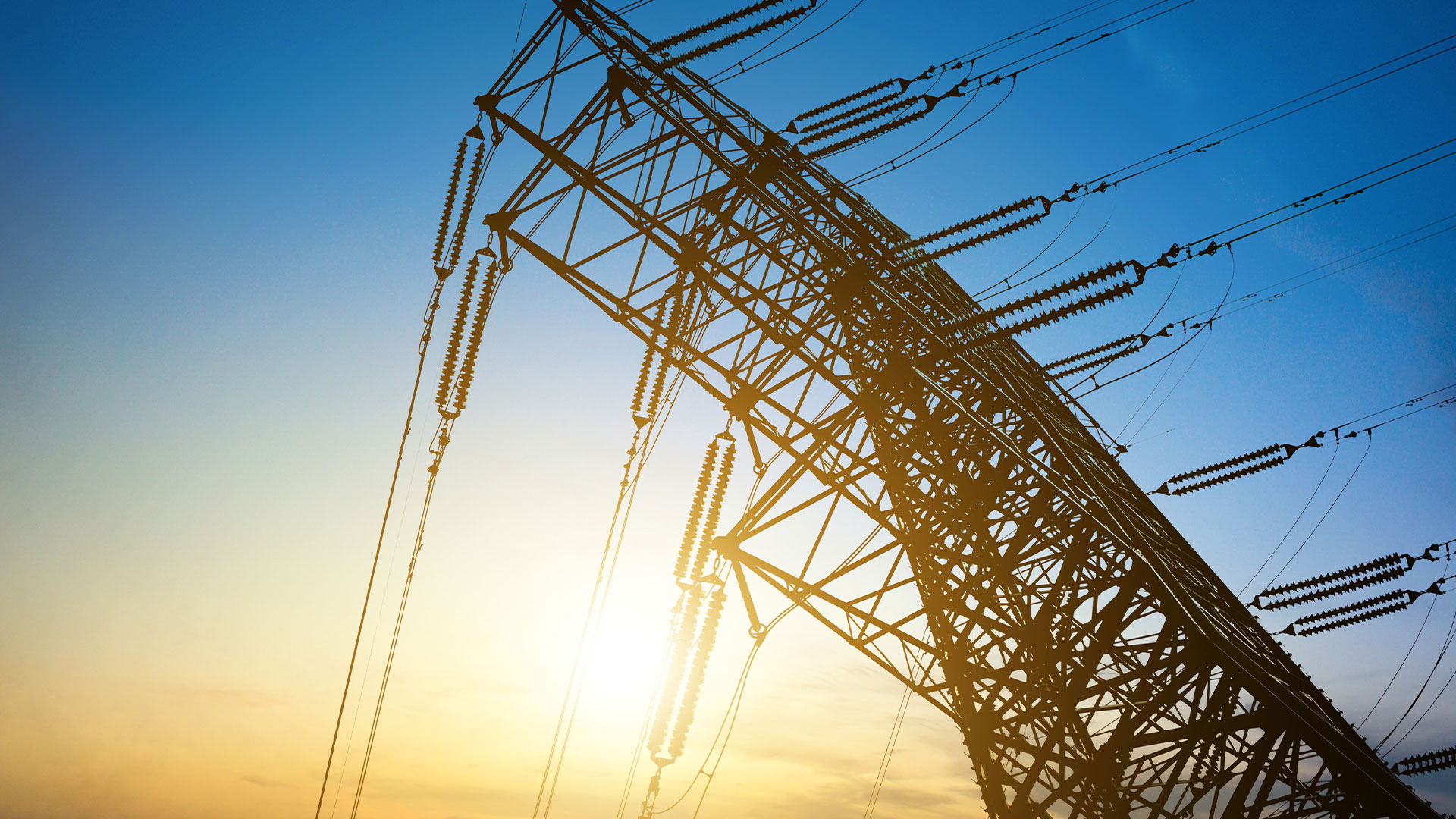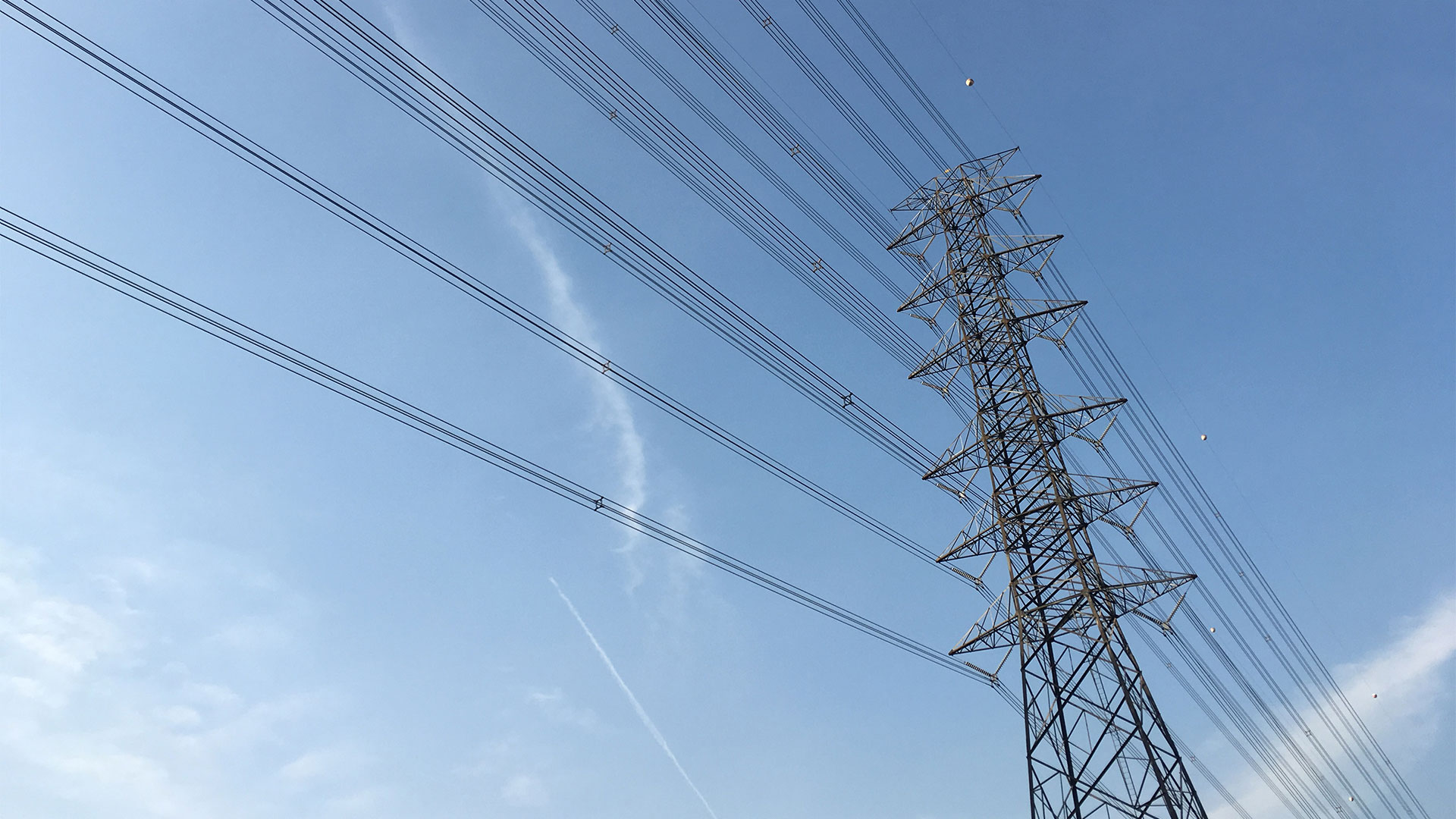The SPP Generation Interconnection Advisory Group Net Conference, held on September 18, 2024, focused on several key areas concerning the DISIS process, shared network upgrades, and the CPP transition. Here’s a detailed summary of the meeting:
Generation Interconnection Status Updates:
The SPP team provided updates on ongoing GI projects and milestone timelines. DISIS 2021 Phase 2 had just concluded, and the planned re-study for DISIS 2018-19-1 was set to kick off soon. The team outlined the schedules for various clusters, including planned re-studies for 2020 clusters, set to begin in late November, with final reports expected in January 2025. The 2022 Phase 2 cluster’s kickoff was also discussed, with an initial model posting date set for the 24th of September and a final report expected in mid-January.
Transition and Re-Study Priorities:
The main focus of the discussion revolved around how SPP was handling the GI transition to the Consolidated Planning Process (CPP). The group emphasized the importance of prioritizing projects to ensure timely delivery of generator interconnection agreements (GIAs). SPP acknowledged that there had been delays in coordinating agreements, particularly due to challenges presented by FERC Order 2023, which resulted in changes to queue priorities. SPP highlighted the need for transparency in the re-study process and outlined plans to publish updated schedules and re-study results soon.
Discussion on Queue Priorities:
There was a detailed conversation on the issue of relative queue priority between SPP and external systems, specifically AECI and MPC, and how this impacted cost allocations for projects. SPP noted that formal coordination agreements had been delayed but reassured stakeholders that the relative queue priority is usually based on the entry date in the system. SPP committed to following up with stakeholders after further research into whether MPC was using a different queue priority system.
High-Level Trends in Re-Studies and Cost:
SPP presented data on how costs were distributed across clusters and what triggered re-studies, highlighting three primary triggers: high costs per megawatt, shared network upgrades, and external development milestones. Projects exceeding a $125/kW threshold, particularly those involved in shared network upgrades, were at higher risk of triggering re-studies.
The team showed that clusters like DISIS 17.2 and 18.1 had stabilized with minimal shared network upgrades, making them “healthy” clusters unlikely to trigger further re-studies. However, clusters like DISIS 2020 and beyond still had high cost allocations and a significant number of shared network upgrades, making them more vulnerable to re-studies and increased costs.
Shared Network Upgrades:
The SPP team delved into the complexities of shared network upgrades, emphasizing that these upgrades often create dependencies between projects that can complicate cost allocations and cause delays. They highlighted that while SPP has completed 300 GIAs in the last five years, only five involved shared network upgrade agreements. This underlined the rarity and difficulty of completing projects with shared network dependencies.
Future Projections:
SPP concluded by sharing a tentative schedule that estimated the completion of GIAs for the DISIS 23 clusters by the first quarter of 2026, assuming no further re-studies. They acknowledged that multiple re-studies could push the final GIA dates for later clusters as far back as 2028. SPP expressed optimism that they could limit the number of re-studies needed for upcoming clusters based on the trends they had observed thus far.
Post-Break Discussions:
After a short break, the focus shifted back to the DISIS transition objectives. SPP stressed the importance of progressing studies quickly to support future resource adequacy requirements. The discussion also touched on the transition to CPP and how the process will be structured, with a focus on ensuring that current studies provide a strong foundation for future planning.
Cost and Entry Fees:
One of the key goals was determining how to create an entry fee structure for projects transitioning to CPP, allowing those in earlier DISIS clusters to opt into the CPP process. The team explained that the entry fee would be based on sub-regional and regional costs, and discussions were ongoing regarding how to integrate this into the transition process.



